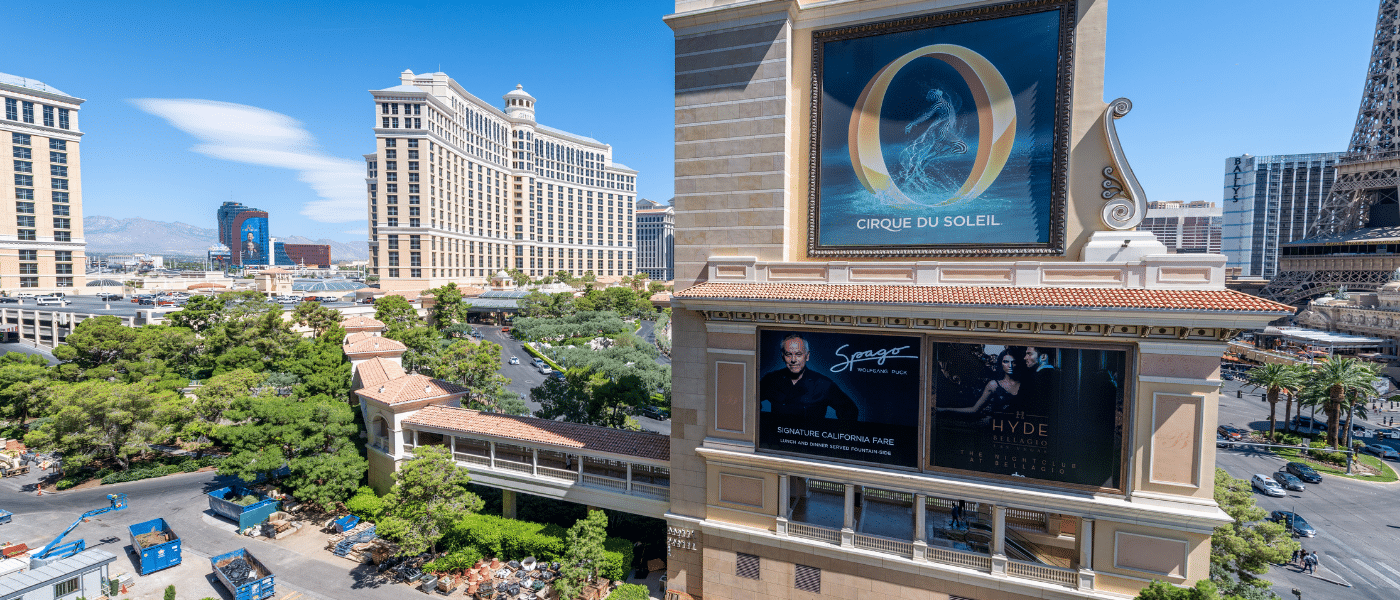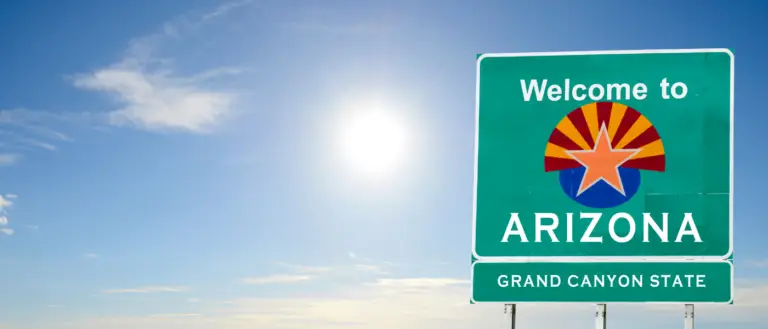The Impact Of Sports Betting Goes Way Beyond Revenue

There’s a lot of talk about the revenue potential of legal US sports betting, but in terms of the overall gambling industry, sports betting is one piece of a much larger puzzle. That said, sports betting’s contributions are difficult to measure, particularly in the retail setting.
For lack of a better analogy, sports betting appears to be something of a gateway drug to other forms of gambling, with people showing up for the sports bet and staying for the slots and table games.
As Penn National noted in its Q4 earnings presentation [bold mine], “Following rebranding as the Barstool Sportsbook on December 23, 2020, handle at Ameristar East Chicago increased 35% through the first four weeks as compared to the prior six weeks… table games and slots volumes in the Barstool themed gaming areas increased 27% and 26%, respectively, over the same period.”
Rush Street Interactive’s Richard Schwartz made similar comments at Ice North America in May 2019. According to Schwartz, the launch of Pennsylvania sports betting increased revenue across every segment of the casino, from table games to slots to poker, as well as food and beverage.
Retail Sportsbooks Are Increasing Non-Gaming Spend
Retail sportsbooks are big and bold. Yes, the sportsbook wants you to place your bets with them, but they also want you to stay and enjoy the game – and place some extra bets. And in doing so, order food and drinks. It also helps the casino reclaim some of the money players win as big wins need to be celebrated with overnight stays in a suite, expensive bottles of alcohol, and meals at one of the property’s fine dining spots.
As Duncan McKenzie, general manager at nearby IP Casino Biloxi, told the Sun-Herald in 2019, sports betting has boosted hotel room occupancy and food and beverage sales, as well as some crossover to slots and table games.
Sportsbooks Create A Pipeline to New Customers
Sports bettors are also demographically different than casino-goers, trending younger and more male.
“We’re thrilled with the results of sports betting so far,” Scott King, vice president of marketing and resort operations at Golden Nugget Casino Biloxi, said in the same 2019 Sun-Herald column. “It’s brought a new customer that wasn’t necessarily already at the casino.”
That customer can also create headlines. Like poker in the aughts, big sports bets and wins have captivated the public. Look no further than the now-annual saga of Mattress Mack. These big bets and wild story arcs are worth more than 100 press releases in terms of market penetration.
Online Sports Betting Offers Cross-Selling Opportunites
The online casino industry in New Jersey was chugging along quite nicely before legal sports betting became a reality in the Garden State, and suffice it to say, sports betting supercharged New Jersey online casinos. As the chart below shows, that growth was further accelerated with casino closures during COVID-19 lockdowns.

Indirect Revenue from Jobs, Marketing, and Other Economic Factors
There’s also another force at play, and that’s indirect revenue to the overall economy. Sports betting creates jobs, requires marketing and advertising campaigns, and tax revenue from big wins and professional bettors.
All of these things are difficult to quantify. Still, in terms of New Jersey’s online casino market, an iDEA Growth White Paper published in 2019, the amount of indirect revenue can be measured in the billions since the industry launched.
Upshot
Any way you slice it, sports betting is bringing direct revenue and indirect revenue for the sportsbook’s affiliated land-based and online casinos and the state.







